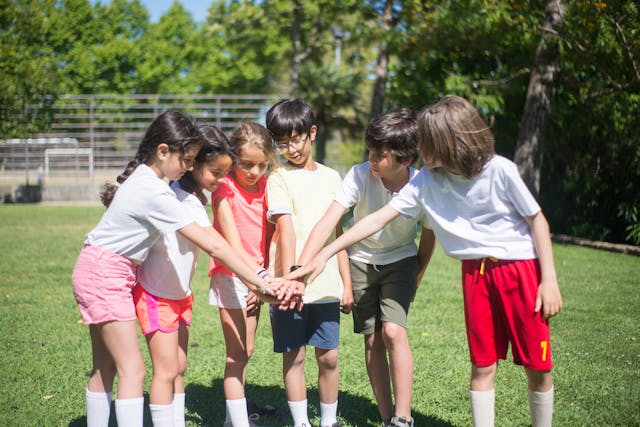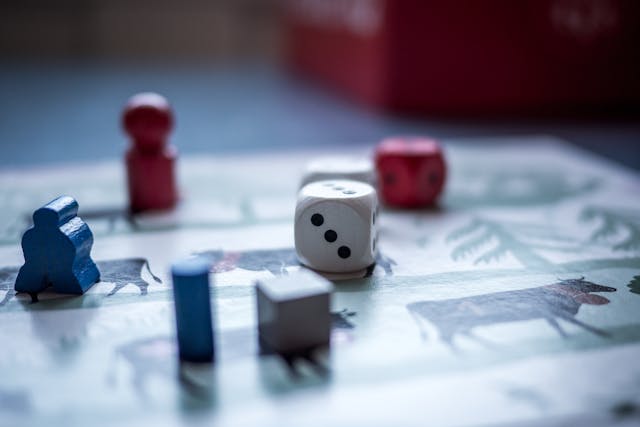- Prioritize leisure by scheduling it, reducing screen time, and perhaps waking up earlier for personal activities.
- Balance your physical, creative, and strategic leisure activities to stimulate various cognitive functions.
- Set realistic leisure goals for consistency, like finishing a book monthly or dedicating time to a new hobby.
- Enhancing mental agility through leisure activities encourages a more resilient, creative, and agile mind.
- Take actionable steps by choosing an activity to improve cognitive capabilities and witness personal transformation.
Exploring how leisure activities can sharpen the mind and improve overall well-being is an intriguing avenue of self-improvement. In our fast-paced world, thinking quickly, adapting readily, and solving problems effectively is paramount. But when we think of enhancing our mental agility, does the image of leisure pop up in your mind? It should. This blog post will unpack the ins and outs of linking leisure with cognitive enhancement and provide a comprehensive guide to various activities you can employ to turbocharge your mental faculties.
The Connection Between Leisure and Cognitive Function
It is a commonly held belief that our cognitive abilities are innate. Still, recent studies suggest that we can significantly improve them through regular practice and the right kind of stimulus, and that’s where leisure comes into play. Engaging in activities that challenge the brain during our free or idle time can lead to the retention and enhancement of cognitive functions.
Understanding Mental Agility
Mental agility is the capacity to quickly learn, understand, and apply new information. It encompasses a variety of cognitive functions, including problem-solving, memory retention, and the aptitude to switch between different tasks and thoughts without losing momentum. It is crucial for personal development and professional success as it allows us to easily adapt to new circumstances, learn new skills, and tackle complex issues.
The Role of Leisure in Brain Health
Leisure activities are pivotal in maintaining and elevating brain health. Unlike work-related tasks that sometimes create stress and mental fatigue, leisure can be therapeutic and stimulating. By giving the brain a break from routine and presenting it with new, sometimes challenging stimuli, leisure contributes to cognitive resilience and sharpness.
Leisure Activities That Promote Mental Agility
A widespread misconception is that mental agility-boosting activities must be strenuous or complex. They can be as diverse as your interests. Here, we will categorize them into four sets:
Physical Exercise

Regular physical activity, ranging from aerobics to high-intensity interval training, has been linked to improved cognitive function, specifically in memory, attention, and processing speed. The scientific term for this is the “aerobic fitness hypothesis,” which suggests that cardiovascular exercise significantly boosts brain function.
Creative Pursuits
Creative leisure activities like painting, writing, or composing music stimulate the right side of the brain, which is responsible for creativity and problem-solving. They offer emotional expression and train the brain to think innovatively, enhancing adaptability and mental resilience.
Puzzles and Brain Teasers
Activities such as crossword puzzles, Sudoku, and even memory games serve as brain workouts, honing strategic thinking and mental discipline. Regular engagement with puzzles can significantly improve critical thinking and decision-making skills while fostering a sense of achievement and satisfaction upon completion.
Strategy-Based Leisure Activities

Games that require planning, thinking ahead, and predicting outcomes—such as fun cardboard games like chess and Scrabble or certain video games—provide entertainment and sharpen the mind by enhancing strategic, analytical, and problem-solving skills.
Social Interaction Through Leisure
Human beings are inherently social creatures, and leisure activities that involve social interaction are crucial for our mental well-being. Engaging in team sports, joining clubs, or simply gathering with friends over a game night provides emotional support, reduces stress, and enhances cognitive function through social engagement and interaction.
Implementing Leisure Activities into Daily Routine
Incorporating leisure into daily routines can be as simple as dedicating specific timeslots for activities you enjoy. Here’s how to make it happen:
Finding Time for Leisure
While time may seem scarce, prioritizing and scheduling leisure can dramatically affect the quality of life. Simple actions like cutting down on mindless screen time or waking up early to meditate, read, or take a walk can create space for leisure.
Balancing Various Types of Leisure Activities
Striking a balance between physical, creative, and strategic leisure activities ensures that different aspects of cognitive function are exercised. For instance, you may decide to swim for physical well-being, paint to relax your mind, and play chess to strategize.
Setting Achievable Goals
Like any other area of personal development, setting realistic goals for leisure activities can ensure consistency and long-term engagement. Perhaps you aim to complete a book every month, learn a new language, or simply dedicate 30 minutes each day to a strategic game.
Conclusion
Mental agility is not just a trait for the naturally gifted—it is an attribute that can be honed through regular practice, critical thinking, and the indulgence of leisure activities. By making conscious choices and integrating diverse forms of relaxation and engagement into our lives, we pave the way for a more agile, creative, and resilient mind. The next step is yours to take. Pick an activity, start engaging, and witness the transformation of your cognitive capabilities.
